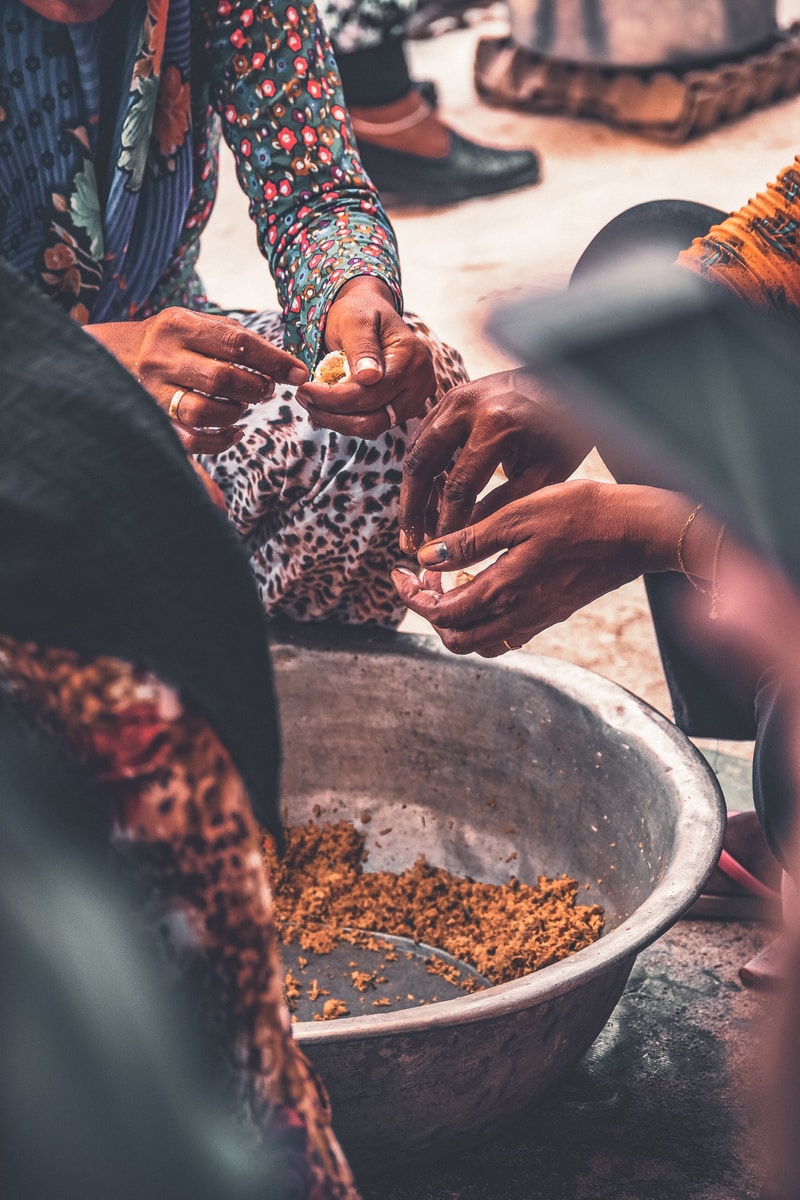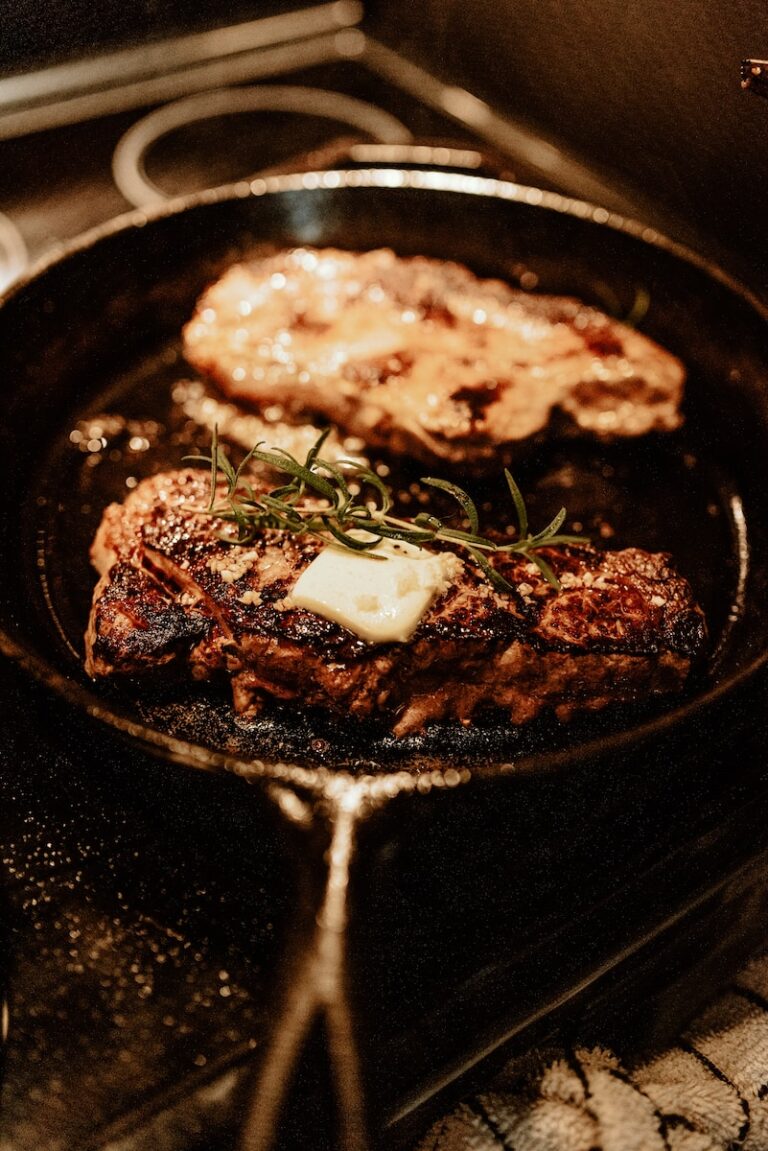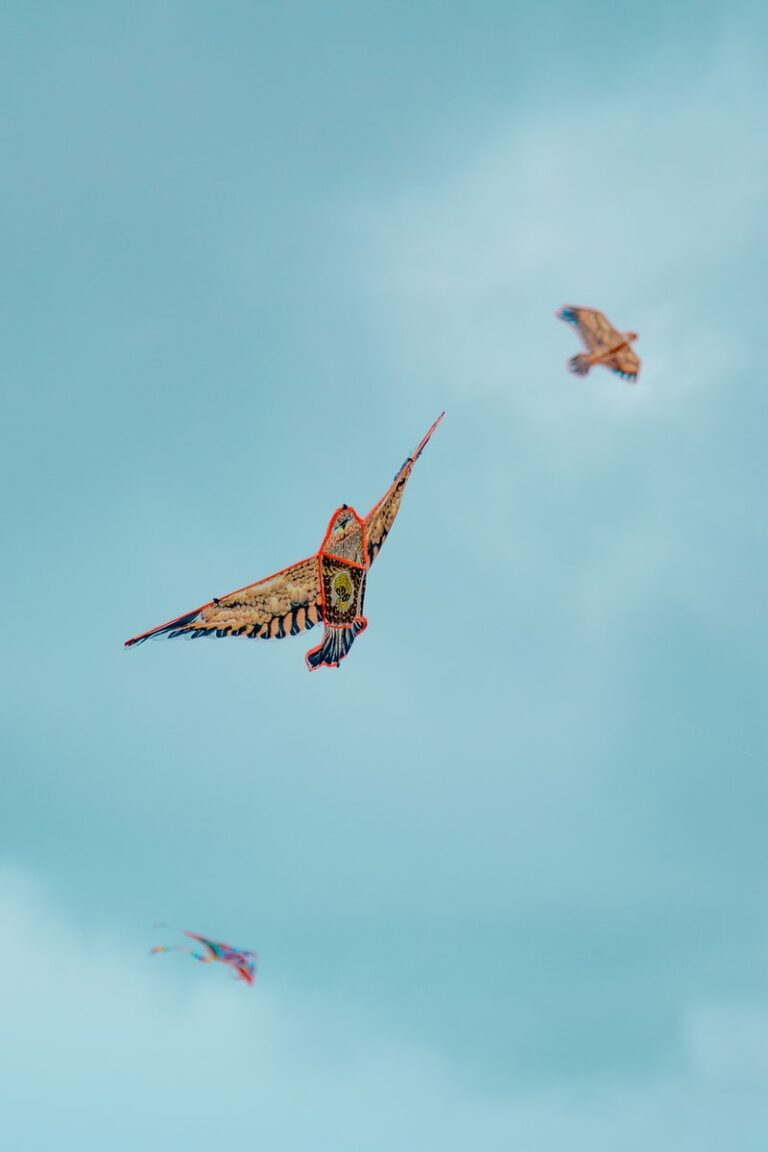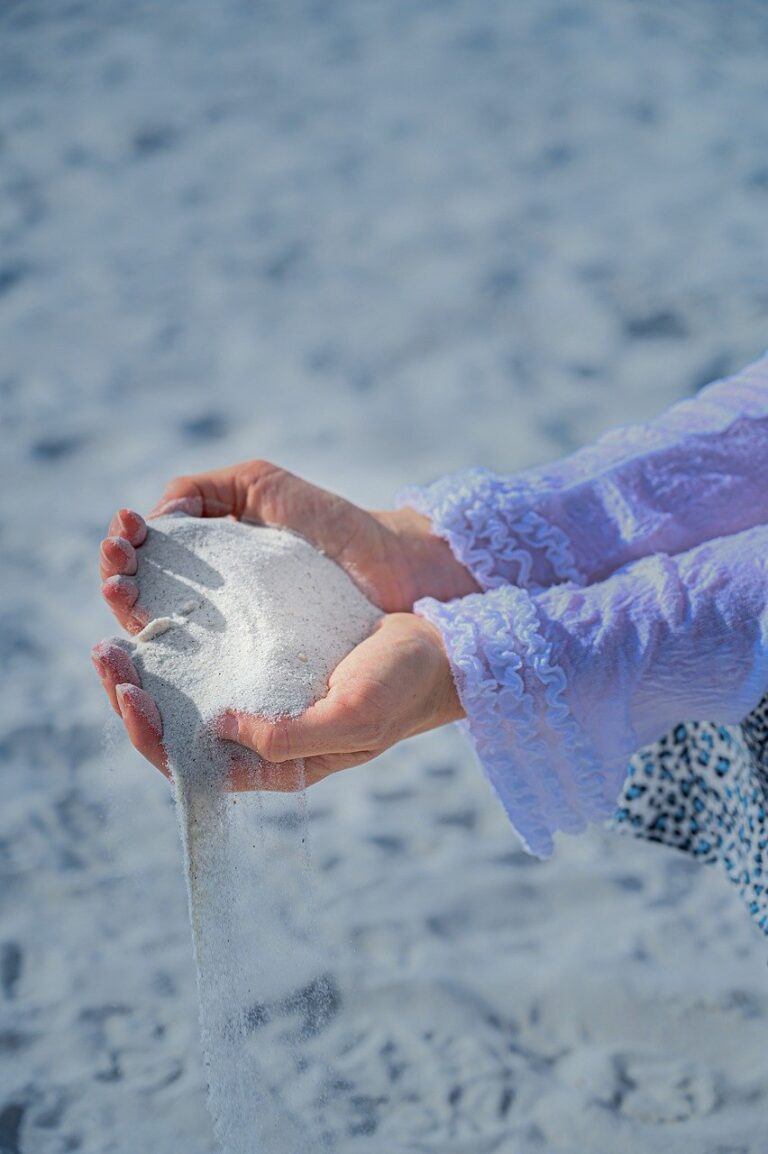Travelling is becoming an increasingly a bigger part of our lives/lifestyles. Be it going on a well deserved holiday or a business trip it has become almost inevitable that some part of the travel time will overlap with the holy month of Ramadan when visiting a Muslim majority country.
A staple for many foreigners visiting a Muslim majority country is meandering through the sprawling bazaars while indulging in the local street food. However, be prepared if you are travelling to a Muslim-majority country during Islam’s holiest month, Ramadan, as you might find that roads and bazaars are as good as empty, with no food or refreshments available. But this should not discourage you from going anyway as the experience will be unforgettable.
Ramadan is a month-long festival, which falls in the ninth month of the Islamic calendar and is the time when Muslims all around the world fast during daylight hours every day. The month definitely brings the Muslim communities together, but for many non-Muslims, travelling or living in a Muslim-majority country during this time may come with some inconveniences and restraints. On the bright side, it offers a traveller the chance to see a different side of life in Muslim countries that surprisingly not many people know about, let alone experienced. While many travellers do keep visiting Muslim countries throughout the year including Ramadan, some basic knowledge about this sacred month with its own special tradition will help to make your experience a pleasant one.
Ramadan is a time when many Muslims focus on their faith to understand the suffering of the less fortunate, who rarely get to eat well, detach from material desires and pleasures, and become more empathetic and charitable individuals. Fasting during Ramadan is one of the Five Pillars of Islam, one of five basic acts which are mandatory for every Muslim. Many Muslims use this opportunity to also give generously in charity (zakat), which is another one of the Five Pillars of Islam.
While Ramadan is not the easiest and most favoured time to visit a Muslim country, since daily life changes dramatically in those countries during this special month, you may have a totally different cultural experience if you do. In addition to the change in meal schedules for Muslims, businesses’ opening hours often change, and people work only until the afternoon in most Muslim countries.
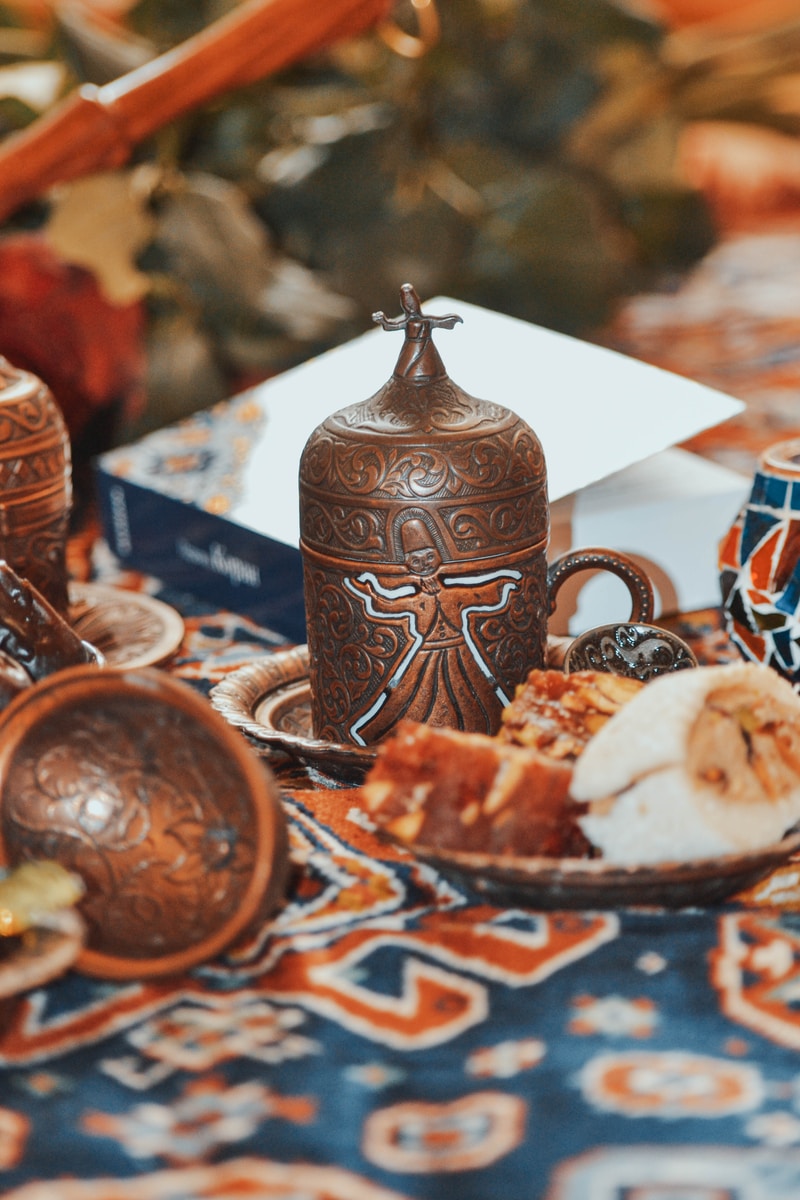
Suggestions & Tips
Go With the Flow
There’s a saying: “When in Rome, do as the Romans do”; the same goes for Muslim countries. Your best course is probably to emulate the locals: take it easy during the afternoon, get out of the heat, and have a nap so you will be ready for the festive evening. If you are not a Muslim, have a drink and a snack as well. People usually become “night owls” during Ramadan. Festivities begin right after Iftar, shopping areas and bazaars start getting busy and remain open past midnight hours. Streets remain vibrant until Suhur in bigger cities, and people stay awake until Suhur time to enjoy the feast.
In the hours before iftar, the streets will be buzzing with bazaars offering a smorgasbord of local delicacies, including specialities that only make an appearance during the holy month. Restaurants prepare special iftar menus and are usually packed for the breaking of the fast. In many areas, especially in traditional bazaars, restaurants open after the sunset prayers and stay open well after midnight.
Even if you don’t have a friend or acquaintance in a Muslim country you are visiting, you still have the opportunity to dine with Muslims when they break their fast. Around the Muslim world, tents and tables are set out on streets and in bazaars with food for people. Non-Muslims are always welcome to enjoy the food together with the locals. For Muslims, iftar is also a time to reconnect with friends and families. Every night, there are different people to meet, different homes to visit, and different restaurants to breakfast at. Do not be surprised if a local invites you to breakfast with him or her even if you’ve just met, that is all in the beautiful spirit of Ramadan.
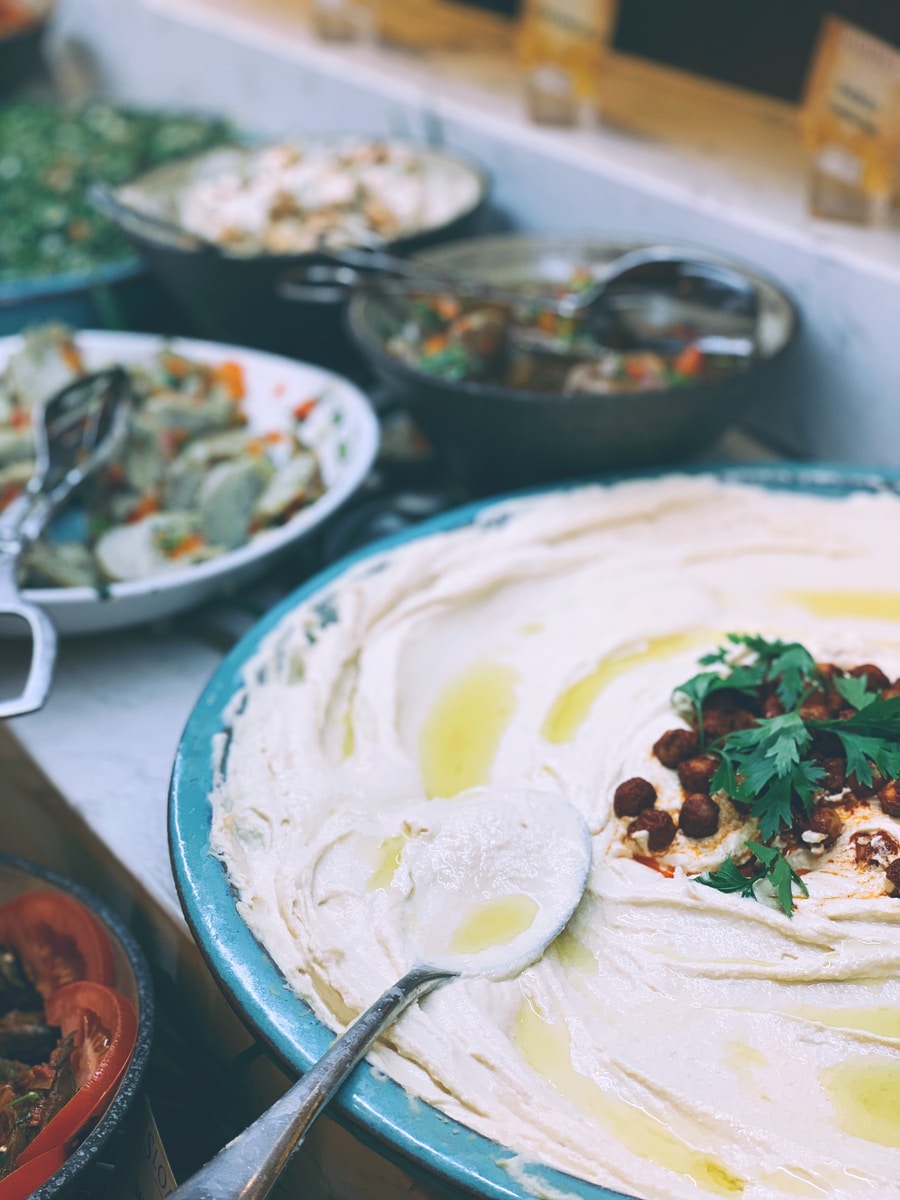
Top 5 Considerations
Non-Muslims are not expected to fast or follow Islamic practices but they should be aware of the local laws and customs and should respect them. Even Muslims are not religiously bound to fast if they cannot or travel during Ramadan. (Read more about this here)
The most difficult thing may be to abstain from eating, chewing gum, drinking or smoking tobacco in public areas during the daytime. So even where it is legal, you should refrain to avoid calling unwelcome attention to yourself and as a gesture of respect for those who are fasting.
Consider stocking your hotel room with drinks and snacks that you can consume in private, as most shops and restaurants will be closed in the daytime.
People who are fasting become tired as the day wears on, so be patient if they move or work slower than usual. If you are in an area where food is served for travellers even during Ramadan and where tipping is considered appropriate, tip this time in the spirit of charity (Zakat). The staff are seeing and smelling food all day as they are fasting to make you comfortable; they might deserve a little extra.
Avoid public physical intimacy, even if you are married to each other. Public displays of affection are considered rude and even forbidden by law in certain Muslim countries, especially during Ramadan. Even in more liberal areas, restraint may be a good idea at any time.
Everyone will be expected to dress more conservatively than normal, so ensure you dress modestly in public, particularly during the holy month of Ramadan. Additionally, try to not play loud music in public areas (including in a car) or dance in public during Ramadan, as it is seen as a bad form.
Eid al-Fitr
Now let’s have a look at something every non-Muslim traveller should experience once in their life in a Mulsim country, comparable to running with the bulls or seeing the majesty of the grand canyon with your own eyes. I am talking about celebrating Eid al-Fitr. The day to celebrate the end of Ramadan is one of the most anticipated and joyous holidays of the year for Muslims. While Ramadan can be a challenging time to be a non-Muslim in a Muslim country, Eid, which is usually celebrated for three days and goes by various names around the world, is a great time to be there. Each country and region in the Muslim world has its own distinctive savoury and sweet foods for Eid.
